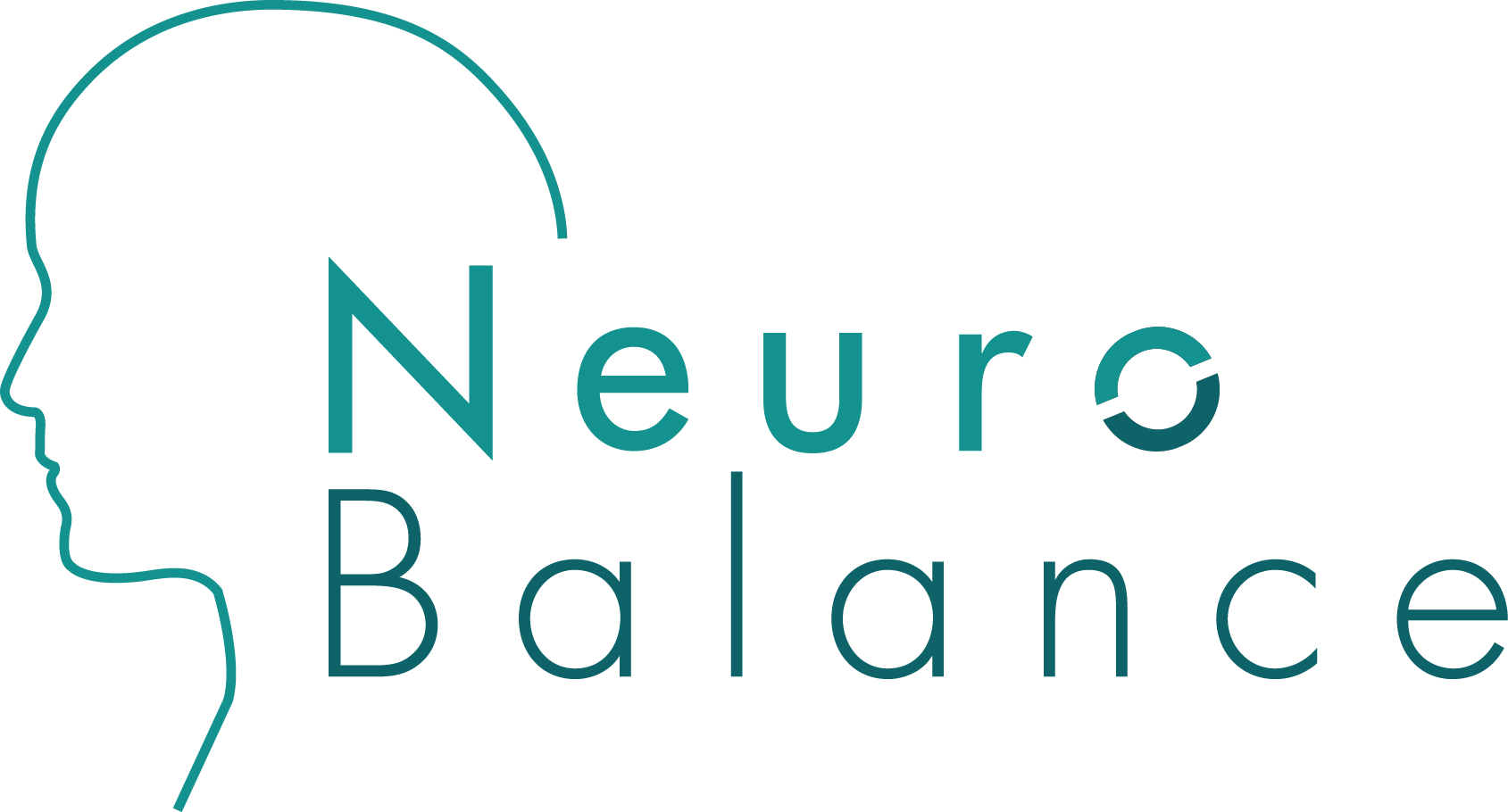Unlocking Sleep's Secrets: How Menstruation Affects Women's Sleep Patterns
Introduction:
In the intricate web of human biology, the interplay between hormonal changes and sleep patterns presents a fascinating field of study. Recently, a groundbreaking study published in the Journal of Sleep Research has shed light on this complex relationship, particularly focusing on how women experience sleep disturbances in the days leading up to menstruation. This discovery not only highlights the importance of considering hormonal fluctuations in understanding sleep health but also opens up new avenues for addressing sleep disturbances in women. As we dive into the findings of this study, we invite you to explore the marvels of our body's internal mechanisms and how they impact our daily lives, particularly in the realm of sleep.
The Science of Sleep and Menstruation:
At the heart of this research lies the connection between sleep disturbances and the menstrual cycle, particularly in the luteal phase, which is the period between ovulation and the start of menstruation. During this phase, women can experience a variety of symptoms, including changes in sleep patterns. But what is it about this phase that affects sleep?
The answer lies in the complex dance of hormones such as estrogen and progesterone, which fluctuate throughout the menstrual cycle. These hormonal changes have been found to influence brain regions involved in regulating sleep, including the hypothalamus, thalamus, and pineal gland. The hypothalamus, for instance, plays a crucial role in setting the body's sleep-wake cycle, while the pineal gland produces melatonin, a hormone that signals the body it's time to sleep.
Unveiling the Impact:
The study in the Journal of Sleep Research meticulously analyzed the sleep patterns of women throughout their menstrual cycles, utilizing sleep logs and physiological measurements. The findings revealed a noticeable disruption in sleep quality and duration in the days leading up to menstruation, with increased sleep latency (the time it takes to fall asleep) and decreased sleep efficiency (the percentage of time in bed spent asleep).
This disruption is particularly significant because sleep is not just a restorative process; it's crucial for cognitive function, emotional regulation, and overall physical health. The disturbances observed suggest that the hormonal changes preceding menstruation could have a broader impact on well-being than previously understood.
From Discovery to Action:
What can be gleaned from this finding? Firstly, it underscores the need for a tailored approach to sleep health for women, taking into consideration the phases of the menstrual cycle. This could lead to more effective strategies for improving sleep quality, from lifestyle modifications to targeted therapeutic interventions.
Moreover, this study illuminates the importance of further research into the neurobiological underpinnings of sleep disturbances across different phases of the menstrual cycle. By understanding the specific mechanisms at play, healthcare providers can offer more nuanced advice and treatment options to those affected.
Conclusion:
The study published in the Journal of Sleep Research offers a compelling glimpse into how menstrual cycles can influence sleep patterns in women. This discovery not only enriches our understanding of the complex relationship between sleep and hormonal changes but also highlights the importance of personalized healthcare strategies. As we continue to unravel the mysteries of sleep, findings like these remind us of the remarkable ways in which our bodies are interconnected, driving forward the quest for healthier, more restful nights for everyone.
-A Balanced Brain is a Better Brain for a Happier Life-
